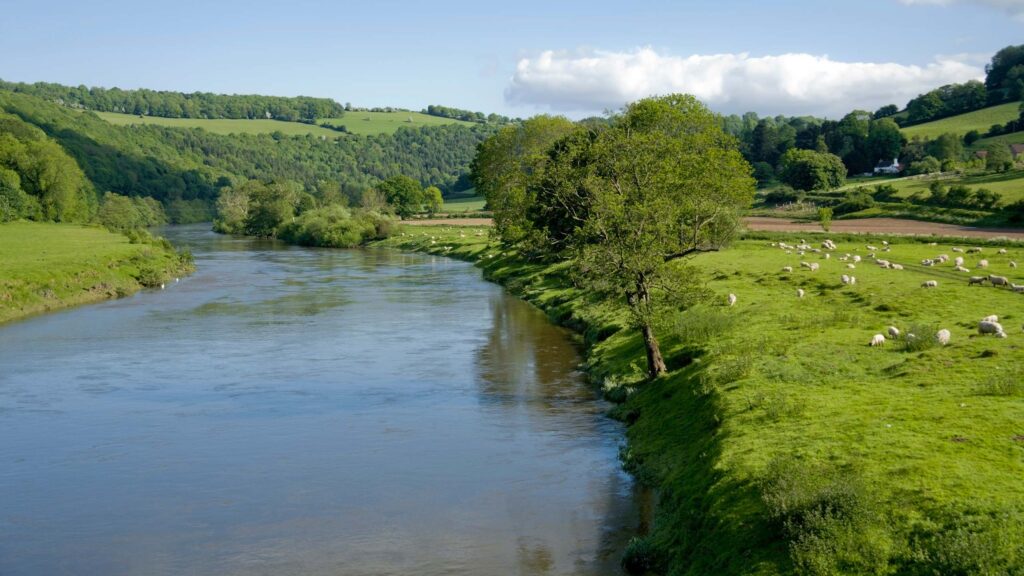Major river pollution lawsuit targets poultry firms
 © Adobe Stock
© Adobe Stock Nearly 4,000 residents, businesses and river users have launched what is believed to be the UK’s largest environmental pollution lawsuit, targeting Avara Foods, Freemans of Newent and Welsh Water over alleged contamination of the Wye, Lugg and Usk catchments.
The case, which has been filed at the High Court in London on behalf of law firm Leigh Day, accuses the companies of polluting rivers with poultry manure, sewage runoff and excess nutrients since 2019, damaging wildlife, land values, tourism and local livelihoods.
Claimants seek both compensation and court orders forcing the defendants to restore water quality.
See also: Welsh Water added to list of companies alleged to pollute Wye
Avara has strongly denied the allegations, telling the BBC it believes “this legal claim is based on a misunderstanding, as no manure is stored or spread on poultry-only farms that supply Avara Foods”.
It says it’s confident there is “no case to defend”, arguing the claim ignores historic fertiliser use on arable land and the fact that manure from its operations is sent elsewhere.
Welsh Water said it has invested tens of millions of pounds in improving river quality – £70m on the Wye and £33m on the Usk over recent years – and intends to defend the claim “robustly”.
It added that, as a not-for-profit company, payments to claimants would reduce its capacity to reinvest in environmental improvements.
However, the firm acknowledged that pollution from other sectors has increased, weakening the net gains from its work.
NFU response
The NFU issued a short statement in response to the legal case. A spokesman for the union said: “The NFU is aware of this case, however we are not in a position to comment on it at this time.
“British farmers grow food to some of the world’s highest standards and the industry is one of the most highly regulated sectors in the country.”
The claim names 3,943 individuals and organisations as plaintiffs – living or trading along the rivers or relying on them for recreation and business.
Many have suffered losses, restrictions under the Lugg Moratorium (a planning ban introduced in 2019), and emotional distress.
Oliver Holland, lead counsel of Leigh Day, which specialises in environmental litigation, said: “We see this legal claim as the culmination of an extraordinary effort by local community members and campaign groups.
“The court will now hear leading experts … and will be asked to order those responsible to clean up these rivers, and restore these communities and wildlife that depend on them.”
He called it the “largest legal action concerning environmental pollution ever brought in the UK”.
He added that with regulators failing to prevent river degradation, the courts are now being asked to enforce accountability.
The defendants have until a set deadline to file a defence, or apply to strike out parts of the case. If unresolved, matters will proceed to full trial.
In March, the UK and Welsh governments jointly announced a £1m cross-border research fund to investigate River Wye pollution, involving farmers and environmental groups.
